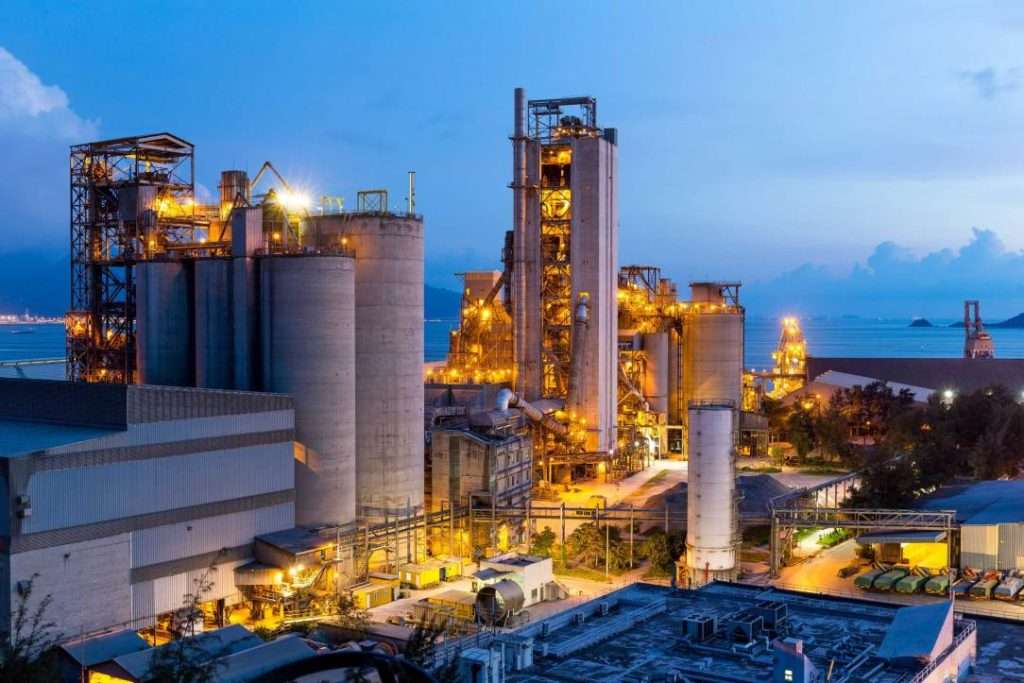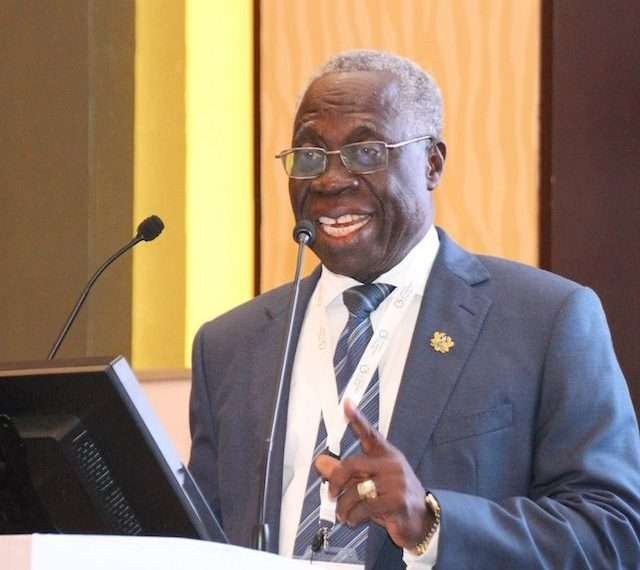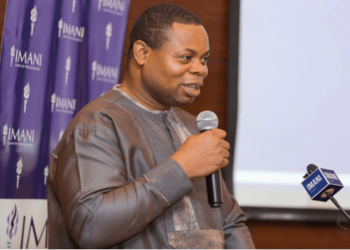The Senior Advisor to the President, Hon. Yaw Osafo-Maafo has called on stakeholders within the banking industry to address the huge gap between the rate at which commercial banks borrow from the Bank of Ghana (BoG) and the rate businesses borrow from these banks.
The Senior Minister speaking at the Ghana Industrial Summit and Exhibition 2021, which was organised by the Association of Ghana Industries (AGI) in partnership with the Volta River Authority (VRA), disclosed that banks ascribe charging of outrageous interest rates to the huge inherent risk among others. This, Mr. Osafo-Maafo revealed, has considerably reduced following the banking sector reforms, but the lending rates are alarming.
Furthermore, the Senior Minister indicated that the banking sector clean-up exercise was expected to narrow the interest rate disparity. But this, Mr. Osafo Maafo disclosed, has not been the case with the banks’ lending.
“If Bank of Ghana is lending to banks at 13.5 percent, what reason do the banks have for lending in the 20s? What should be the margin; the spread between the bank rate and lending rate? We have not been able, as a country, to do justice to this”.
Hon. Yaw Osafo-Maafo
Additionally, Mr. Osafo-Maafo highlighted some other contributing factors that affect the lending rate. Factors such as exchange rate, inflation rate, and policy rate among others, have had an impact on lending rates.
All these factors, the Senior Minister disclosed, have experienced some positive trends and it is simply inexplicable why banks on the part have failed to lend to businesses, particularly manufacturers at an appreciable rate.
“Government spent billions undertaking these reforms, so why should the spread between the banks’ rate and lending remain at this level? This is a problem that we must collectively look at”.
Hon. Yaw Osafo-Maafo

Industry growth prospects
The Senior Minister speaking on the economy disclosed that one of government’s main goals is to create an enabling environment for businesses to continue to thrive and be able to create more jobs. He admonished businesses to leverage the African free-market agreement to this effect.
Meanwhile, Mr. Osafo-Maafo stated that these efforts by the government and stakeholders will not materialise if banks fail on their part to stop focusing on publishing tailor-made balance sheets at the end of each financial period. This, he disclosed, will not further the country’s industrialization agenda.
Also, the Senior Minister revealed that apart from the government creating the enabling environment for businesses to operate, and providing constant access to electricity, the banks must play their part to make credit more affordable and accessible.
Also speaking at the summit, Dr. Yaw Adu Gyamfi, the President of AGI disclosed that challenges such as affordable electricity, Ghana’s tariff negotiations and liberalisation strategy within AfCFTA, and incentives for industries among others remain a major concern to the industry sector.
Dr. Gyamfi also highlighted loan accessibility as a major challenge faced by the industry sector. He further used the opportunity to commend the government on its efforts.
“Efforts to renegotiate or restructure loans last year were met with difficulty, let alone getting access to financing. Financing becomes more crucial as trading in AfCFTA has already begun.
“Therefore, the AGI commends government for this initiative of a bank that will come to address the medium to long-term financing needs of businesses”.
Dr. Yaw Adu Gyamfi
Economic growth in the Ghanaian economy like any other developing economy, is heavily dependent on the operations of the financial sector. For any developing economy, to advance in its quest to become a developed country, individuals, businesses, institutions must have the right access to financial credit to embark on operational and developmental projects which will benefit the economy in the long run.
READ ALSO: Absa Bank Group headline earnings exceed pre-pandemic levels
READ ALSO: STCCI leads digital business in Ghana



















